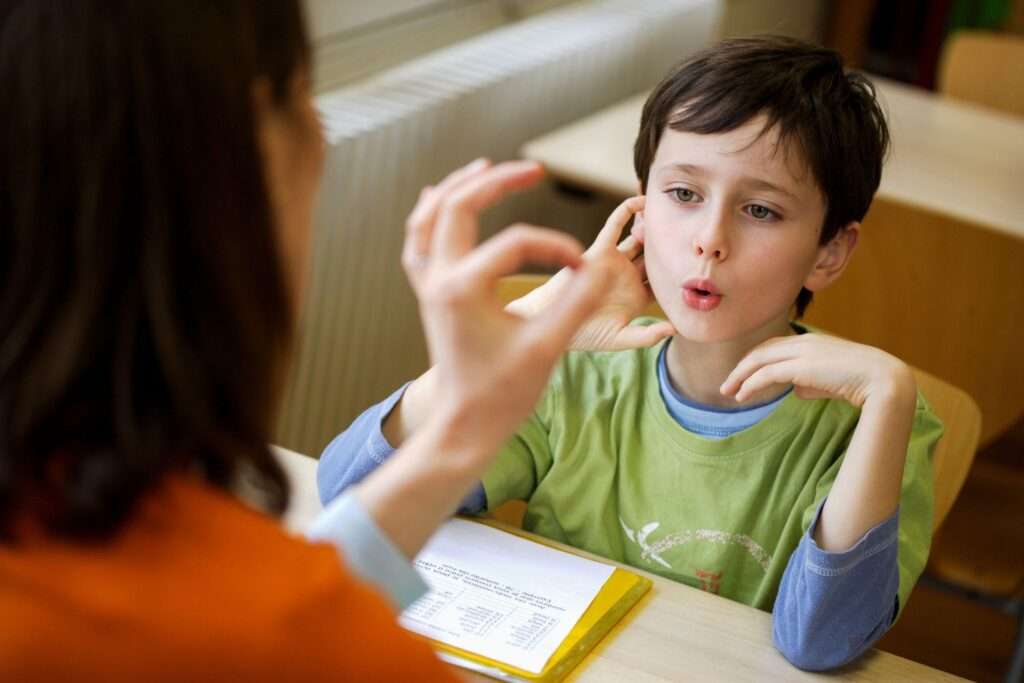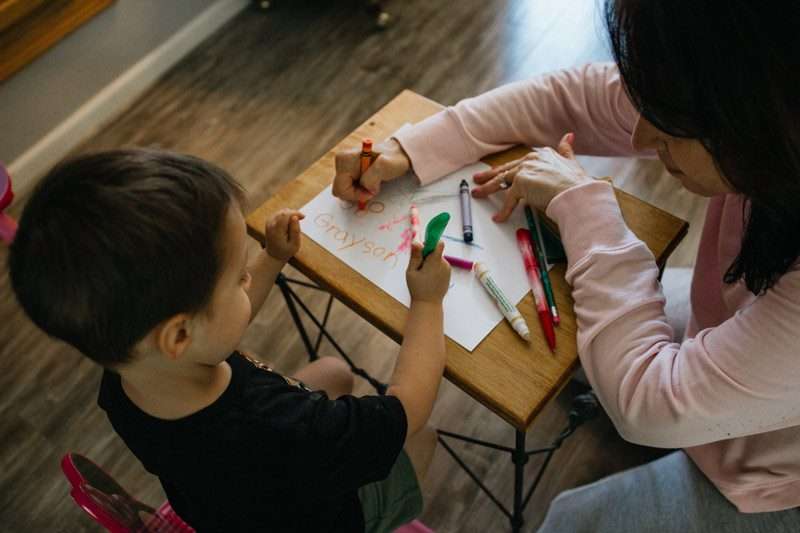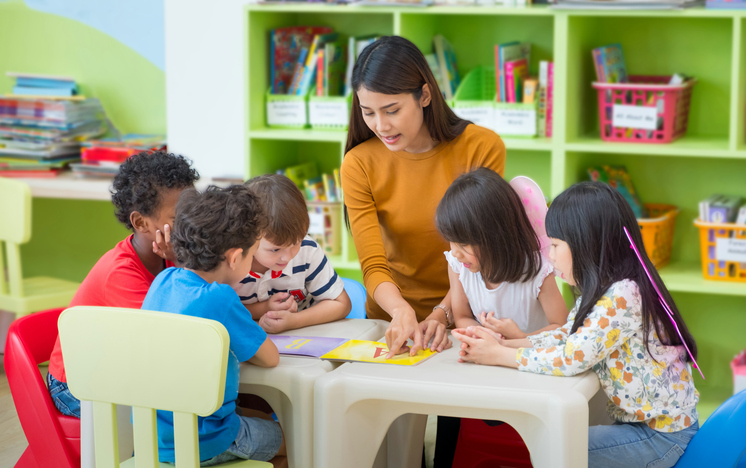Occupational Therapy
What is Occupational Therapy?
Occupational Therapy (OT) helps children recover and overcome the barriers in their daily life activities (Activities of Daily Living). An occupational therapist will evaluate the child against normal development milestones. The assessment is done mainly in areas of sensory processing skills, gross and fine motor skills.
Broadly, Occupational Therapy is a line of intervention which supports the child when they experience difficulties in the following areas:

When a child shows delay in development, that is, not achieving developmental milestones like other average children of the same age.
Small movements made with fingers, toes, wrists, lips, and tongue, like holding a small object or picking up a spoon. If the child is struggling with fine motor skills, they may have difficulty doing actions like manipulating toys and puzzles, holding pencil, using scissors. They will have problem using buttons and shoelaces. They may also not develop hand dominance at age-appropriate time.
Gross motor skills help us move and coordinate our arms, legs, and other body parts. They involve larger muscles that help us control our body. A child who is behind in movement, strength, and/or balance may appear clumsy or uncoordinated. They may also have difficulty with going up and down stairs at an age-appropriate time, coordinating both sides of the body, difficulty in catching and throwing ball etc. They are fearful of feet leaving the ground.
We use visual processing skills to make sense of what we see. It is a process in our brain that interprets visual information. If your child has difficulty with tasks like copying shapes, uneven spacing and sizes of letters, visual tracking issues, difficulty copying from board etc. they may have difficult with visual processing.
Oral motor or oral sensory skills are control of muscle movements in the face and oral area, such as the lips, jaw, tongue, and soft palate. Delayed oral motor and sensory skills can show in ways like excessive drool, difficulty chewing, difficulty using a cup to drink, lots of spillage while drinking water and even while breastfeeding, and undue reliance on mashed food.
This is the ability to take in information through our senses (touch, movement, smell, taste, vision and hearing), put it together with prior information, memories, and knowledge stored in the brain, and respond without over or under reacting. They are either ‘stimulation seeking’ or ‘stimulation avoiding’ and the symptoms vary from mild to severe.
Social interaction skills are skills that help us have relationships and understand those around us. They help us bond with other people in our life. Your child may have delayed social skills if they have difficulty interacting socially and engaging with family and peers, difficulty adapting to new environments, can’t cope in the school environment etc.
What does an occupational therapist do at Crafting Lives
An OT at Crafting Lives takes one to one sessions, based on a systematic evaluation mainly in areas of motor skills, muscle tone, sensory issues, ADL, and activity levels. Based on the diagnosis, the therapist makes a customized plan and works broadly on following areas:
- Helping in developing fine motor and gross motor activities. These will further help in skills like pencil holding, catching a ball, understanding directions, posture correction, cycling etc.
- Helping the child learn to play, self-help, problem-solving, coping, and other social skills.
- In cases of complex sensory requirements, the occupational therapists role is to devise a sensory diet to help the kid’s body get the required sensory inputs. It is of great value for academic learning.
- They create a suitable environment to cut distractions and help a child strengthen focus and improve attention span.
- They work with ADHD children, and help to reduce restlessness, high activity levels and impulsivity to a great extent.
- They work on developing eye contact by reducing visual sensitivities.
- Waiting is introduced, seating behaviour improves and children connect with the environment after OT intervention.









